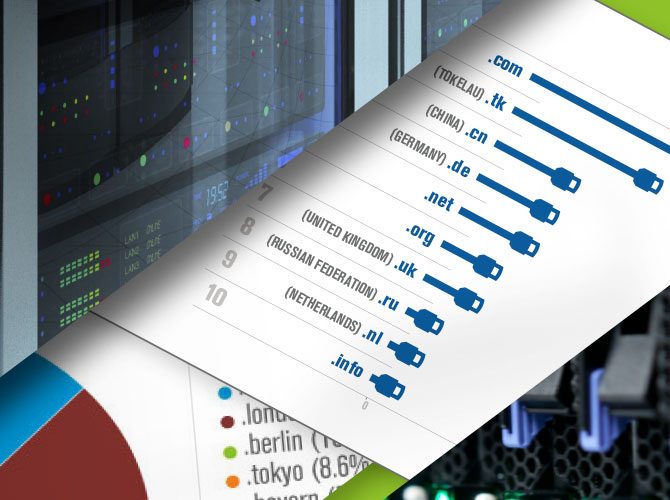In a series of recent blog posts I’ve described the technical challenges in registration operations, a proposal for an industry association, and announced an interactive workshop to explore association formation. This is an update on where things stand with the workshop.
The first Registration Operations Association Workshop is scheduled for Thursday, October 16, 2014 in the Pacific Palisades room at the Los Angeles Hyatt Regency Century Plaza hotel, the same venue being used for ICANN 51. The event is not affiliated with ICANN, but with ICANN’s support we’ve been able to secure a room that’s large enough to seat more than 100 people. Still, space is limited and seats are going fast. Please register quickly if you haven’t already done so. Registered attendees will receive updates via email as we get closer to the event date.






